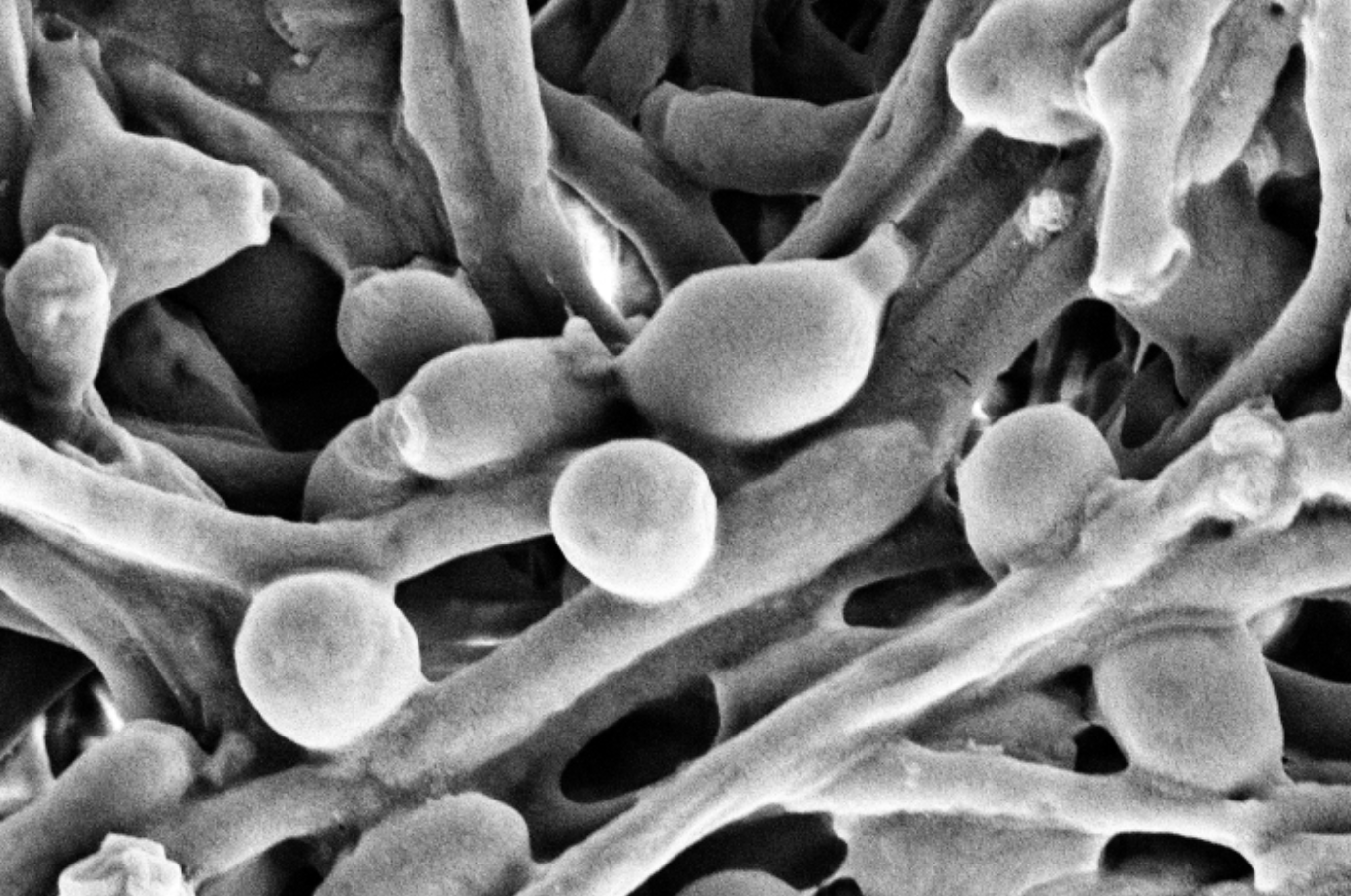immunology wars
may your immune system defend you
Fungi

Our ability to defend ourselves against fungi is less well understood compared to bacteria and viruses. Only a small number of fungi are capable of causing disease and most are opportunistic, meaning that they can only cause disease under specific circumstances, such as when the immune system is weakened.
Fungi can cause a range of different types of infection from skin and lung infections all the way through to life-threatening sepsis. Fungi are mainly recognised by cells of the innate immune system, including dendritic cells, macrophages and neutrophils. The adaptive immune response to fungi is poorly understood, but CD4+ T-lymphocytes are thought to play a central role, differentiating into Th17 cells, which seem to provide an effective defence in combination with the innate immune cells.

Source: Vader1941 (CC)
Cells
- Basophils
- Eosinophils
- Mast Cells
- Neutrophils
- Monocytes / Macrophages
- Natural Killer Cells
- Dendritic Cells
- B-Lymphocytes
- T-Lymphocytes
- CD4+ T-Lymphocytes
- CD8+ T-Lymphocytes
- Regulatory T-lymphocytes
- Th17 Lymphocytes
